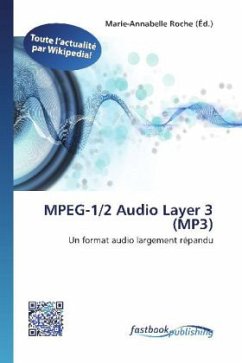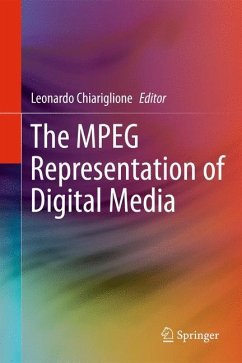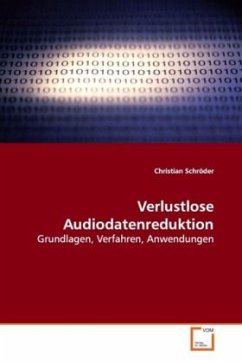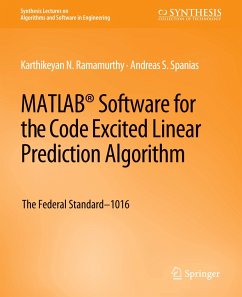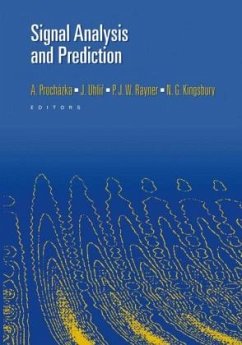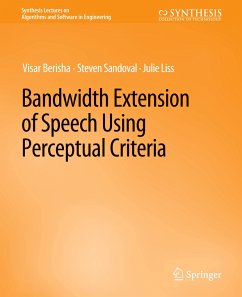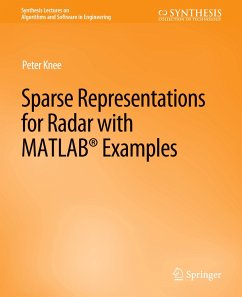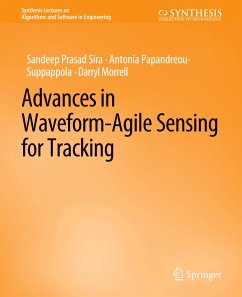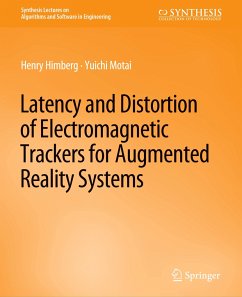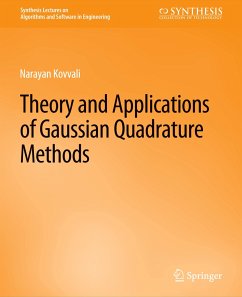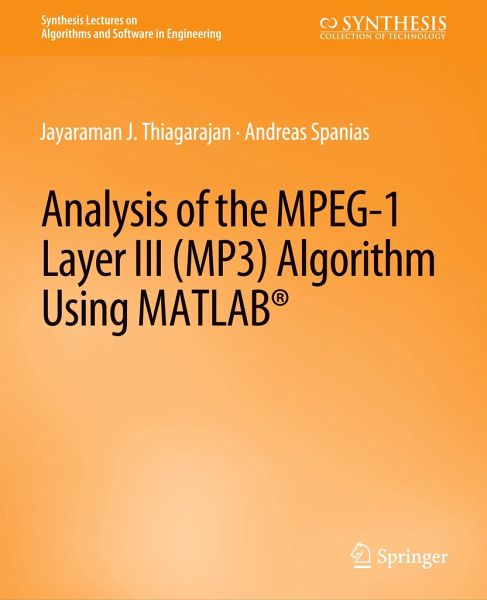
Analysis of the MPEG-1 Layer III (MP3) Algorithm using MATLAB

PAYBACK Punkte
0 °P sammeln!
The MPEG-1 Layer III (MP3) algorithm is one of the most successful audio formats for consumer audio storage and for transfer and playback of music on digital audio players. The MP3 compression standard along with the AAC (Advanced Audio Coding) algorithm are associated with the most successful music players of the last decade. This book describes the fundamentals and the MATLAB implementation details of the MP3 algorithm. Several of the tedious processes in MP3 are supported by demonstrations using MATLAB software. The book presents the theoretical concepts and algorithms used in the MP3 stand...
The MPEG-1 Layer III (MP3) algorithm is one of the most successful audio formats for consumer audio storage and for transfer and playback of music on digital audio players. The MP3 compression standard along with the AAC (Advanced Audio Coding) algorithm are associated with the most successful music players of the last decade. This book describes the fundamentals and the MATLAB implementation details of the MP3 algorithm. Several of the tedious processes in MP3 are supported by demonstrations using MATLAB software. The book presents the theoretical concepts and algorithms used in the MP3 standard. The implementation details and simulations with MATLAB complement the theoretical principles. The extensive list of references enables the reader to perform a more detailed study on specific aspects of the algorithm and gain exposure to advancements in perceptual coding. Table of Contents: Introduction / Analysis Subband Filter Bank / Psychoacoustic Model II / MDCT / Bit Allocation, Quantization and Coding / Decoder



